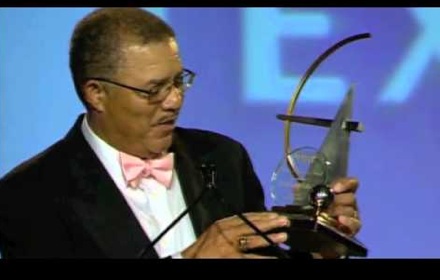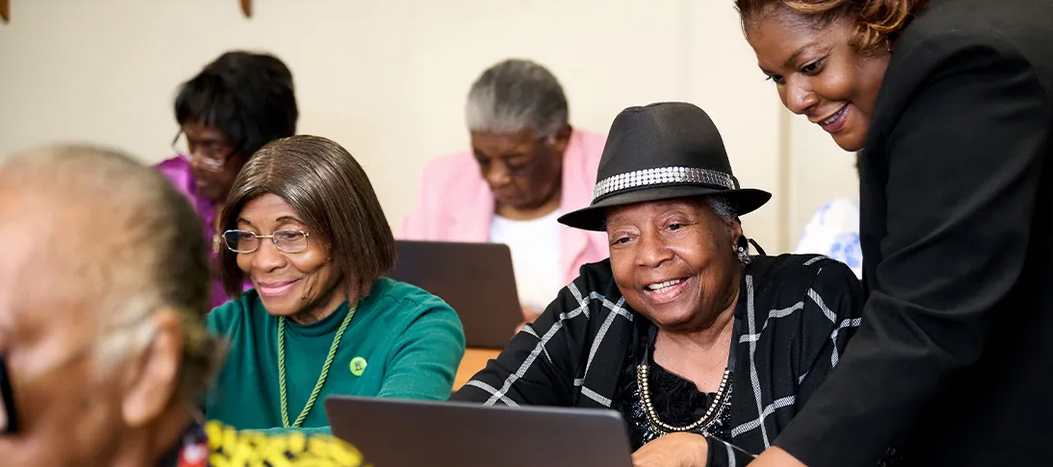Veteran journalist DeWayne Wickham
[BUSINESS EXCHANGE]
Samuel Cornish and John B. Russwurm long ago famously declared: “We wish to plead our own cause. Too long have others spoken for us.”
That’s the sentiment of individuals at Morgan State University’s (MSU) School of Global Journalism and Communication.
When Cornish and Russwurm wrote these words nearly two centuries ago in Freedom’s Journal, they started America’s Black Press. Founded as a New York City weekly on March 16, 1827, Freedom’s Journal was established the same year that slavery was abolished in the state of New York.
The paper served to counter the mainstream press on racial issues and interests. Cornish and Russwurm worked as senior and junior editors, respectively.
Richard Prince’s online news on journalism diversity issues, Journal-isms, was first to report that DeWayne Wickham, USA Today and Gannett Company columnist “was set to create a school of communications at Morgan State University.” Nowadays, Wickham is saying: “Morgan has given me the honor of conceptualizing this school and serving as its founding dean.”
Kweisi Mfume, chairman of the Morgan State University Board of Regents recently introduced its new School of Global Journalism and Communication, located at 4905 Perring Parkway in Baltimore, during a ribbon cutting ceremony and Civil Rights and Media Symposium.
For Blacks seeking success and advancement in journalism, Wickham is well-suited to be dean of MSU’s School of Global Journalism and Communication to prepare Black students. A National Association of Black Journalists’ Lifetime Achievement Award winner, Wickham is a visionary in the field.
His reach and ability to “conceptualize” were evident in the school’s recent presentation. Having ABC News Anchor and Chief National Correspondent Byron Pitts moderate the symposium on the Media and the Civil Rights Struggle in 1963, the most tumultuous year of the Civil Rights Movement was Wickham’s doing.
Pitts led a panel of distinguished journalists analyzing coverage of events such as the March on Washington, the assassinations of President John F. Kennedy and Medgar Evers, the Birmingham Children’s Crusade and the 16th Street Baptist Church bombing.
There are some among contemporary African Americans of the “White is Right” mentality and who seek “mainstream institutional” education. They should go elsewhere, but in reality, Wickham plans to help students “plead our own cause” and ensure that they receive the education, skills and experiences needed to become successful journalists in the 21st century. The opening of MSU’s School of Global Journalism and Communication makes that institution the nation’s only historically Black College with a primary mission to train the next generation of journalists and mass communicators to compete in a global environment.
During the 180 years since the appearance of Freedom’s Journal, the Black Press has chronicled and commented upon events as they have occurred and affected African Americans. Throughout his distinguished career, Wickham has stayed true to our culture. Wickham has already left an indelible mark on the Black Press and made arrangements for some MSU students to intern with the Afro newspapers. He’s co-founder of The Trotter Group, an organization of Black columnists, and a National Association of Black Journalists founding member and former president. Wickham’s contributions in public policy, politics and civic engagement are unparalleled. He has also worked for Black Enterprise magazine and as executive editor of BlackAmericaWeb.com.
At the symposium, Paul Delaney, a retired New York Times editor and national correspondent, chronicled the role of the Black Press in the Civil Rights Movement as a reporter for the Atlanta Daily World. The symposium provided a platform for Black reporters like Delaney to recount the outstanding coverage that the Black Press provided during the Civil Rights Movement’s most important events.
The symposium special included video interviews with Simeon Booker who led JET magazine’s Civil Rights coverage and Moses Newson who risked his life covering major events such as the Till murder trial, and Freedom Rides in 1963.
Wickham’s influence on students can be significant. His venture with MSU can set the standard for Blacks. Wickham can become a beacon for Blacks in journalism going forward.
William Reed is publisher of “Who’s Who in Black Corporate America” and available for projects via the BaileyGroup.org








